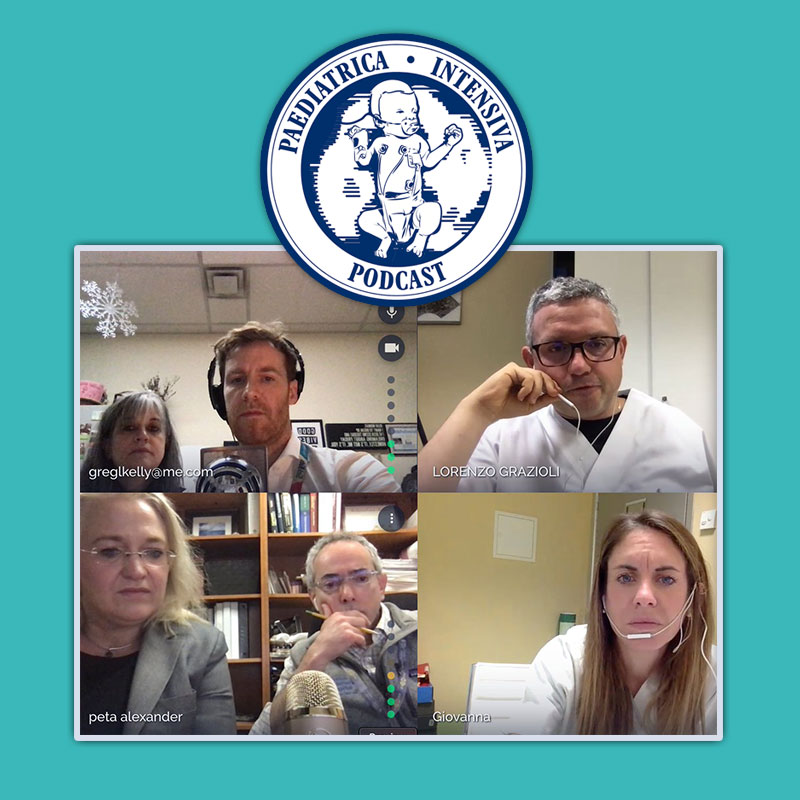The coronavirus pandemic has made us rethink what it means to connect. There’s a lot of uncertainty and rapid change as we all try to keep our communities safe and adapt to this unprecedented global situation.
As we are called to increase our social distance, we need to rely on new ways to stay connected with colleagues, co-hosts, and guests.
Fortunately, podcasting is uniquely suited to remote collaboration. As a medium, it fosters intimacy and substance without requiring close physical proximity.
Remote podcast interviews during COVID-19
When coronavirus first started making headlines, Pediatrica Intensiva was just an idea.
But the concept — a podcast about the art and science of pediatric intensive care — quickly became a reality as the severity of the pandemic became clearer and answers became more elusive.
In an effort to share information fast, Dr. Greg Kelly — a pediatric intensivist from Australia who is currently on sabbatical at SickKids in Toronto, Canada — along with Dr. Peta Alexander, an attending cardiac intensivist at Boston Children’s Hospital, and Dr. Michael Clifford, a pediatric anesthetist and intensivist at The Royal Children’s Hospital Melbourne, launched the podcast months ahead of schedule.
While physicians are accustomed to sharing information and best practices in a variety of different ways, podcasting offered distinct advantages given the urgent and pressing nature of coronavirus.
So Greg and colleagues dived in and recorded their first episode that is only four days old and already has more than twenty-three thousand downloads. “We weren’t meant to release anything quite yet. But then everything changed with coronavirus,” Greg says in the very first episode, recorded on SquadCast.
Greg, Peta, and Mike connected with Italian physicians on the frontlines of the fight to control coronavirus in Bergamo, Italy. They joined a session with intensivists Giovanna Colombo and Lorenzo Grazioli to get a first-hand account of treating the virus in a country that has been overwhelmed by it.
Over an hour and eleven minutes, the specialists share observations, their latest understanding of effective treatment and lessons learned.
“You have to train your staff not to be infected,” Lorenzo explains, adding that video tutorials are not enough. Specific, in-person training is essential: “We put someone at the door of the intensive care unit, just to teach [staff] how to dress themselves” in personal protective equipment, Lorenzo says during the episode.
The show must go on — remotely
As the creative world changes, social distancing becomes more necessary and quality remote recording is the new standard for staying connected — we are honored and grateful for the opportunity to connect creatives in these trying times.
Rockwell Felder is a CPA, entrepreneur, and co-founder of SquadCast. He and his team are on a mission to amplify collaboration, seeking to empower creatives to engage in meaningful conversations without barriers.
